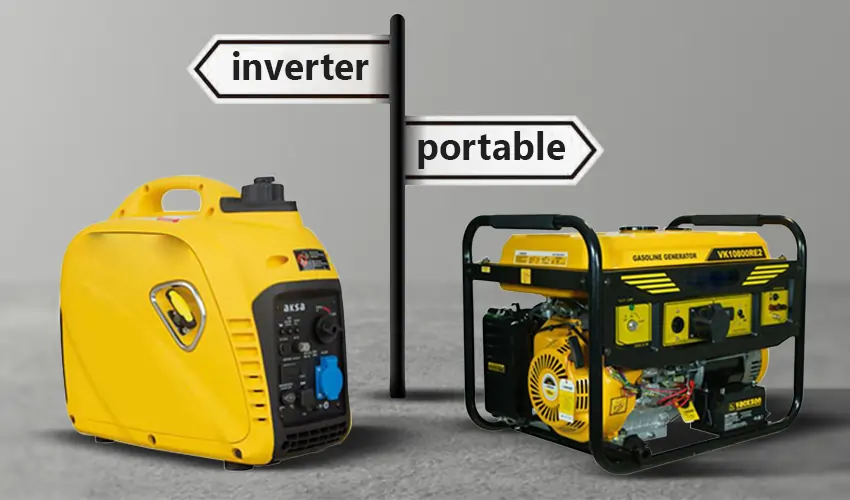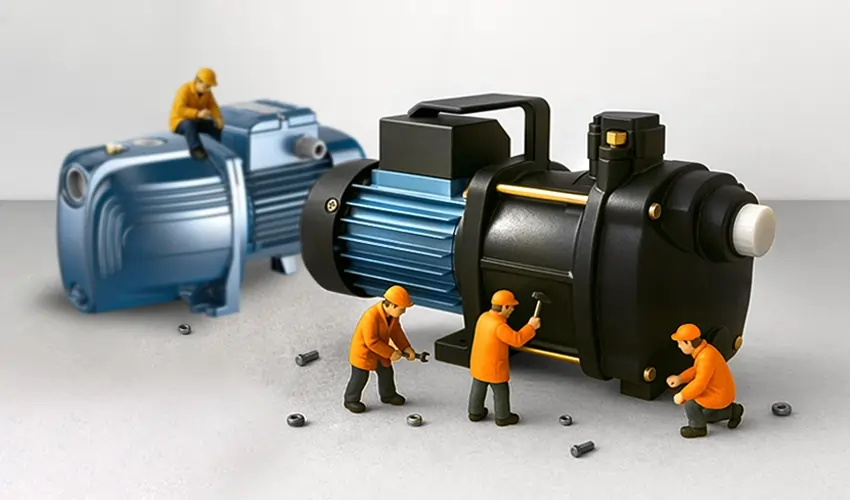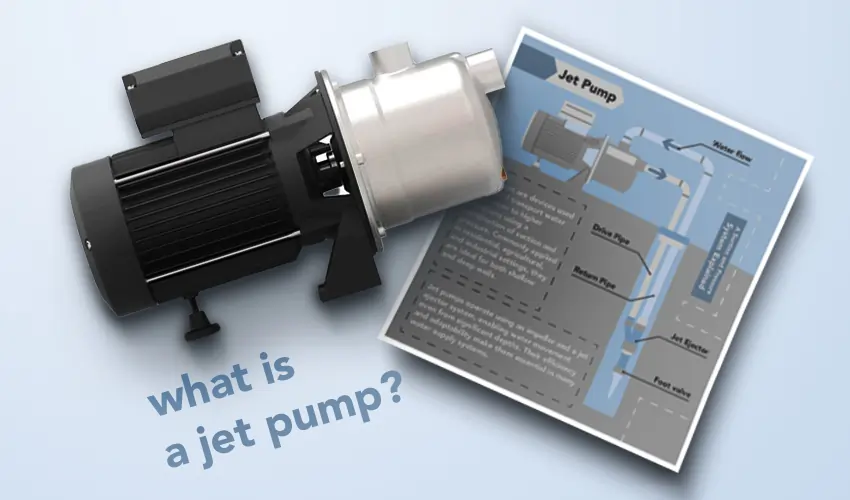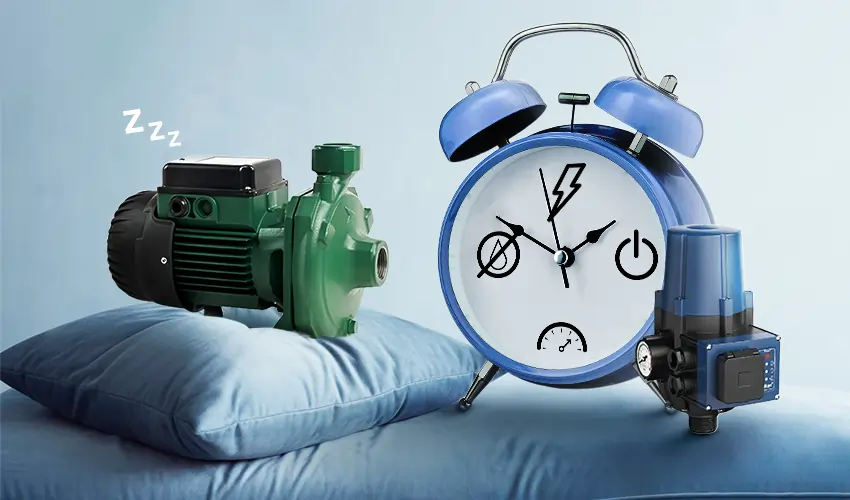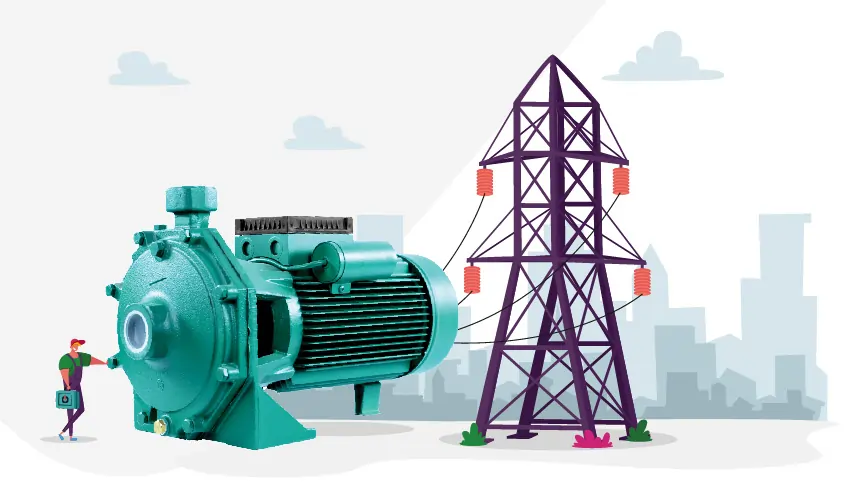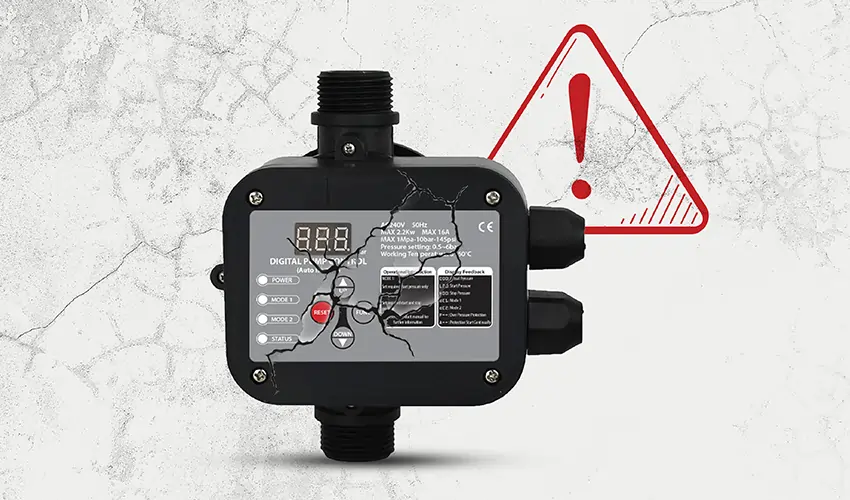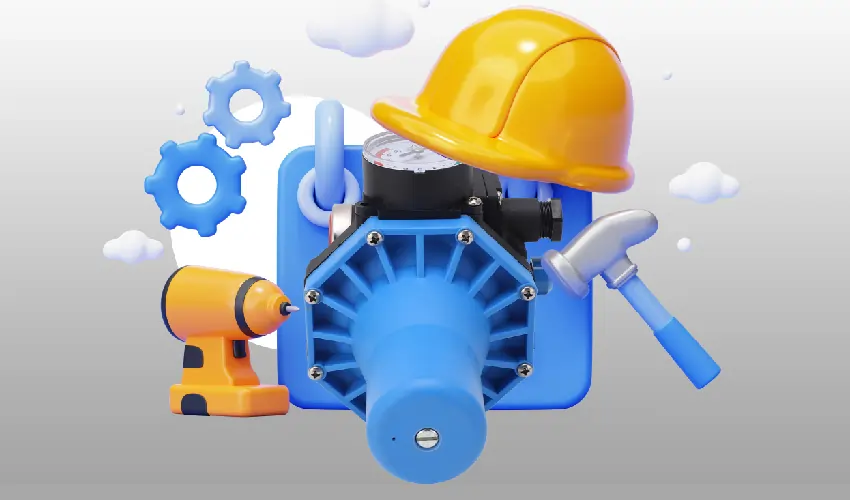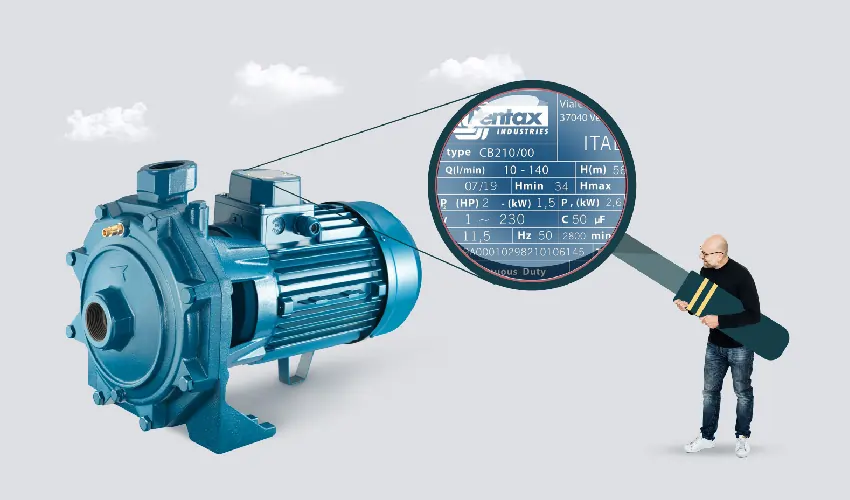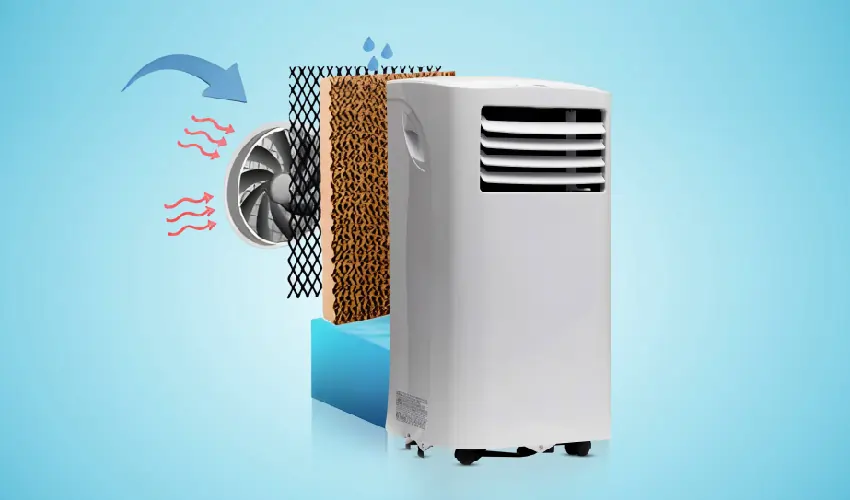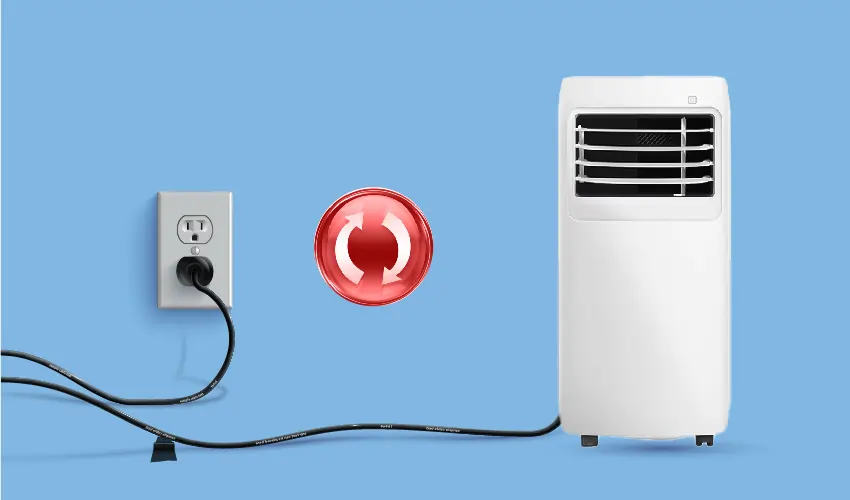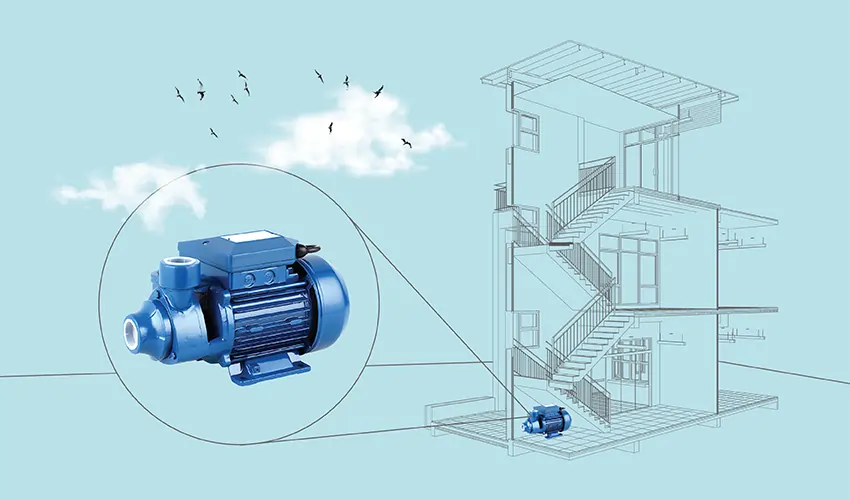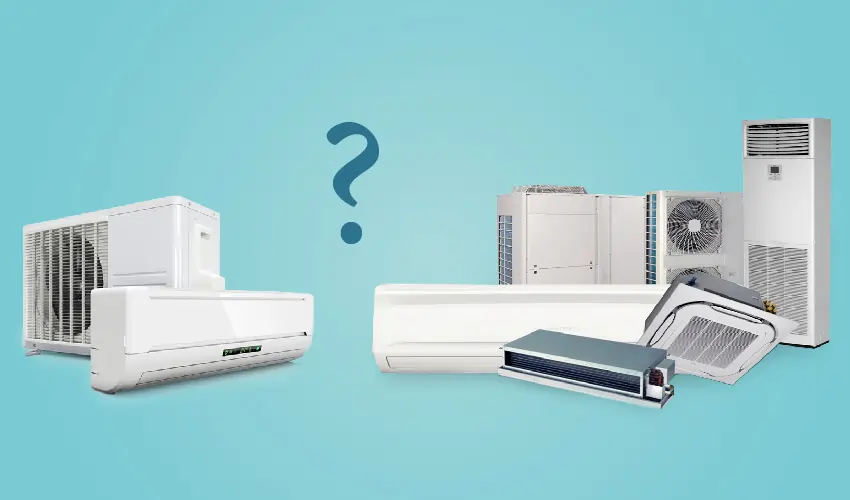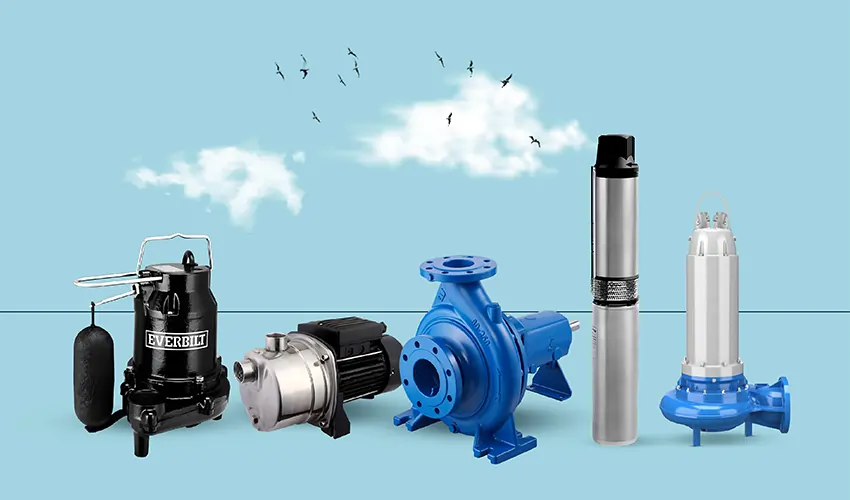An inverter generator is a type of portable generator that produces clean and stable power suitable for sensitive electronics, thanks to advanced electronic circuitry. It’s more fuel-efficient, quieter, and portable compared to conventional portable generators, which produce power directly from the engine without electronic conversion.
What is an Inverter Portable Generator?
An inverter portable generator is a type of portable generator that utilizes an inverter technology to produce electricity. Traditional generators generate AC (alternating current) power directly from the engine, but the output can fluctuate in voltage and frequency, which may not be suitable for sensitive electronic devices like laptops, smartphones, and televisions.
In contrast, an inverter generator produces AC power like a traditional generator but then converts it to DC (direct current) and then back to clean, stable AC power using advanced electronic circuitry. This process results in a consistent flow of electricity with very low Total Harmonic Distortion (THD), making it safe for sensitive electronics.
Inverter generators are typically more fuel-efficient and quieter than conventional generators because their engine speed can adjust based on the load, unlike conventional generators that run at a constant speed. They are popular for camping, outdoor events, RVs, and as backup power sources for homes during emergencies.
What is the Portable Generator?
A portable generator is a device that provides electricity on the go. It consists of an internal combustion engine that runs on gasoline, diesel, propane, or natural gas, which turns a mechanical generator to produce electricity. Portable generators typically have outlets where you can plug in various appliances and devices to power them.
Portable generators are useful in situations where grid power is unavailable or unreliable, such as during power outages, outdoor events, camping trips, or construction sites. They come in various sizes and power capacities, ranging from small, lightweight models suitable for charging small electronics to larger units capable of powering entire households or construction equipment.
When choosing a portable generator, factors to consider include its power output, fuel type and capacity, runtime, noise level, portability, and any additional features such as electric start, inverter technology, or RV-ready outlets. It’s essential to operate portable generators safely to avoid carbon monoxide poisoning, electrical hazards, and other risks.
What are the Differences Between Inverter Generator and Portable Generator?
Here are the main differences between an inverter generator and a conventional portable generator, explained separately:
Power Output and Stability
Inverter Generator: An inverter generator produces clean and stable power suitable for sensitive electronic devices. It converts AC power to DC and then back to AC using advanced electronics, resulting in a consistent flow of electricity with very low Total Harmonic Distortion (THD). This makes them ideal for powering laptops, smartphones, and other electronics without risking damage.
Conventional Portable Generator: Traditional portable generators produce AC power directly from the engine, but the output can fluctuate in voltage and frequency, which may not be suitable for sensitive electronics. Their power can be less stable and may have higher THD, potentially causing damage to electronics if not properly regulated.
Fuel Efficiency and Runtime
Inverter Generator: Inverter generators are typically more fuel-efficient than conventional generators because their engine speed can adjust based on the load. They only run at full throttle when needed, conserving fuel and extending runtime.
Conventional Portable Generator: Traditional generators run at a constant speed regardless of the load, leading to less fuel efficiency, especially under lighter loads. They may consume more fuel and have shorter runtimes compared to inverter generators.
Noise Level: Inverter Generator: Inverter generators are known for their quieter operation compared to conventional generators. Their engine speed adjusts based on the load, leading to reduced noise levels, making them suitable for use in campgrounds, residential areas, and other noise-sensitive environments.
Conventional Portable Generator: Traditional generators tend to be louder due to their constant engine speed. While some models may have noise-reduction features, they generally produce more noise than inverter generators.
Portability
Inverter Generator: Inverter generators are generally more compact and lightweight than conventional generators, making them easier to transport and store. They are popular for camping, outdoor events, and other applications where portability is essential.
Conventional Portable Generator: Traditional generators come in various sizes and weights, with larger models being heavier and bulkier. While they are still portable to some extent, they may require more effort to transport and maneuver, especially larger capacities.

